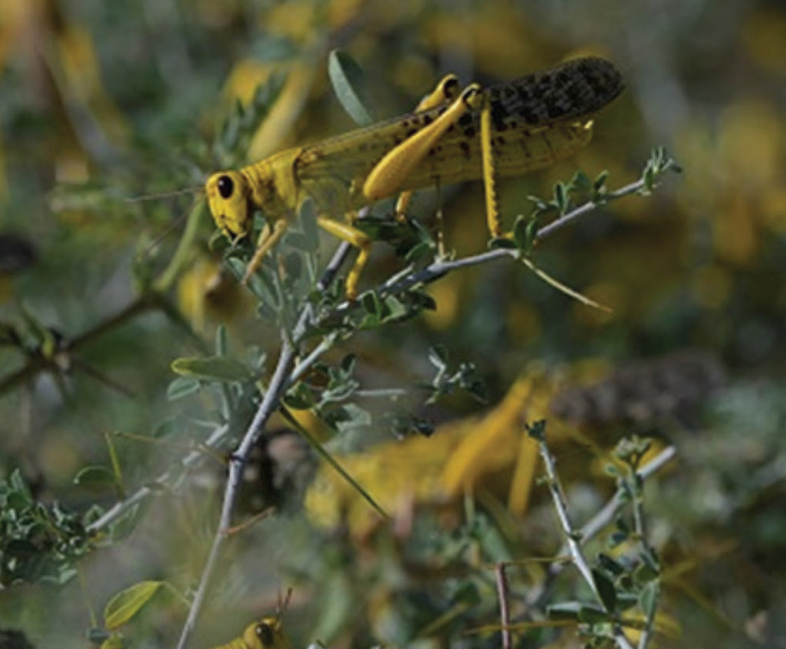- Home
- About
- Experts
- Publications
- Our Centers
- Policy Forums
- Speeches
- Events
- Multimedia
- Mon-Fri (9:00 am-7.00 pm)
- [email apolicyinstitute@gmail.com]
- +254 706 670 965
- Mon-Fri (9:00 am-7.00 pm)
- [email apolicyinstitute@gmail.com]
- +254 706 670 965

to ignite and sustain wars in societies facing economic uncertainties. The Locust invasion is perhaps the most recent addition to the whims of climbing temperatures seen as a threat to global security and blamed for increasing incidence of armed conflict and violent extremism in the Horn of Africa.
Humor in Kenya’s social media space is drawing on the least expected issues: the deadly link between climate change and conflict. “It took Locusts for President Uhuru Kenyatta to sack Mwangi Kiunjuri”, goes one tweet, commenting on the sacking of Kenya’s Minister for Agriculture during the January 14, 2020 cabinet reshuffle. “Never underestimate the power of nature and small people working together”, it adds. Spurious as the tweet might appear, it dovetails into the global debate on the nexus between climate change—including above average temperature, excessive or insufficient rainfall, desertification and environmental
degradation—and conflict in the world’s most vulnerable countries. Locust invasion, the worst outbreak of locusts in some places in 70 years, is the most recent addition to the vagaries of climbing temperatures seen as a threat to global security and blamed for increasing incidence of armed conflict and violent extremism in the Horn of Africa.